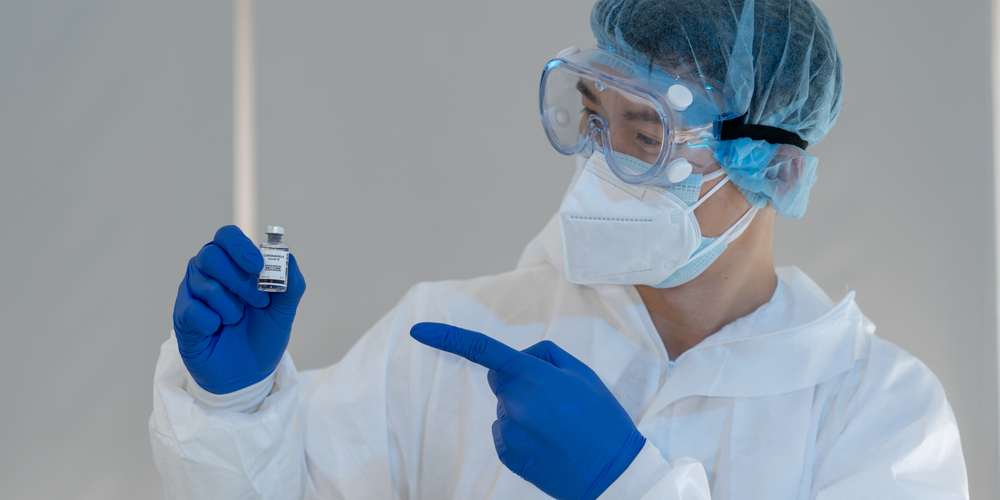Medical microbiologists and virologists are medical specialists who conduct the majority of their work in laboratory settings, typically to be found in general hospitals. The role is to help protect the foundations of a hospital by detecting and preventing the spread of diseases, both in and outside such settings. Infections they would work to prevent the spread of include fungal, parasitic and bacterial. This is the main aspect of the microbiology side of things. Virology is somewhat a separate discipline, and is mainly concerned with viral diseases.

Much work is conducted in test settings, but there is also the need to communicate and work with other medical colleagues and also perform face-to-face consultations with patients. Such specialists would not only be concerned with infectious patients, but would also need to keep track of food preparation, upholding hygiene levels and sterilisation in clinical settings. Teaching can also later become integral to each of these roles, whether to students or other colleagues.
Work activities
Typical work activities a medical microbiologist and virologist would need to carry out include:
- Diagnose, treat and help to prevent the spread of infection.
- Perform medical tests in laboratory settings, and also perform duties dealing with patients face-to-face.
- Help to improve safety against the spread of infections in hospital settings, and also to prevent the spread of such diseases to the outside community.
- Supervise the running of laboratories, offering your tips and advice to other professionals as well as being receptive of their opinions.
- Help to prevent the spread of diseases such as HIV and other infections spread through blood.
- Also work to prevent the spread of airborne infections.
- Offer your opinion on what treatment is best for infectious conditions.
- Deal with infections such as fungus and parasites.
- Work alongside other pathologists.
Essential skills
- Clinical work ethic.
- Organised and professional manner.
- Practical ability.
- Able to work as part of a team, as an individual and be receptive of other peoples’ opinions.
- Be commanding in your opinion when dealing with other medical professionals in order to ensure any safety regulation against the spread of infections is upheld.
- Perform laboratory tasks and also treat patients face-to-face.
- Deal with administrative duties.
- An aptitude for the sciences and medicine.
- Theoretical and systematic approach.
- IT competent.
- Attention to detail.
- Understanding of the workings of a hospital environment.

